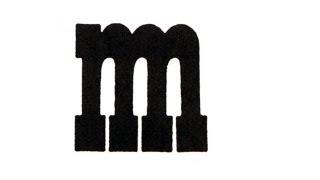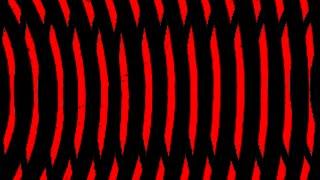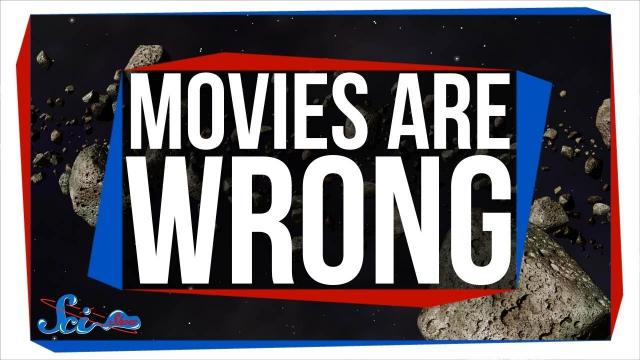Time Travel, Teleportation & Science
Time travel is the concept of moving between different points in time in a manner analogous to moving between different points in space, generally using a theoretical invention, namely a time machine. It has a commonly recognized place in philosophy and fiction, but has a very limited application in real world physics, such as in quantum mechanics or wormholes.
Although the 1895 novel The Time Machine by H. G. Wells was instrumental in moving the concept of time travel to the forefront of the public imagination, The Clock That Went Backward by Edward Page Mitchell was published in 1881 and involves a clock that allowed three men to travel backwards in time.[1][2] Non-technological forms of time travel had appeared in a number of earlier stories such as Charles Dickens' A Christmas Carol. Historically, the concept dates back to the early mythologies of Hinduism (such as the Mahabharata), Buddhism, and Islam through ancient folk tales. More recently, with advancing technology and a greater scientific understanding of the universe, the plausibility of time travel has been explored in greater detail by science fiction writers, philosophers, and physicists.
Teleportation, or Teletransportation, is the theoretical transfer of matter or energy from one point to another without traversing the physical space between them. It has a commonly recognized place in science fiction literature, film, and television, but as yet has a very limited application in real world physics, such as quantum teleportation or the study of wormholes.
Science (from Latin scientia, meaning "knowledge") is a systematic enterprise that builds and organizes knowledge in the form of testable explanations and predictions about the universe. In an older and closely related meaning, "science" also refers to a body of knowledge itself, of the type that can be rationally explained and reliably applied. A practitioner of science is known as a scientist.
In modern usage, "science" most often refers to a way of pursuing knowledge, not only the knowledge itself. It is also often restricted to those branches of study that seek to explain the phenomena of the material universe.
Source : Wikipedia
-
40:41
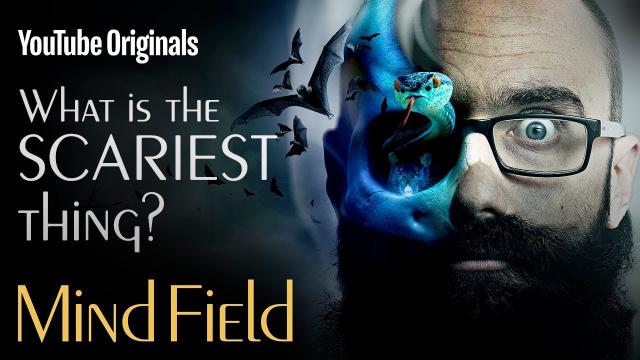
What Is The Scariest Thing?
Added 407 Views / 0 LikesEveryone is scared of something ... but what's the SCARIEST thing? Is it even possible to answer such a question? In this special I explore the dark recesses of the mind to learn how fears are born and whether there exists a grand, unifying terror.FOLLOW
-
02:00

What It Means To Be Human - Cooperation During War
Added 643 Views / 0 LikesWhat It Means To Be Human - Cooperation During War
-
00:46
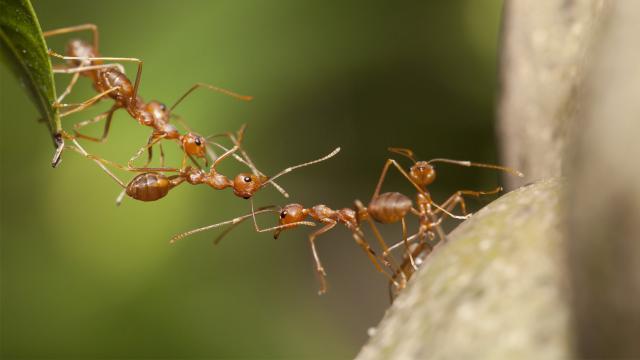
What It Means To Be Human - Insects Dominate the World
Added 595 Views / 0 LikesWhat It Means To Be Human - Insects Dominate the World
-
01:57
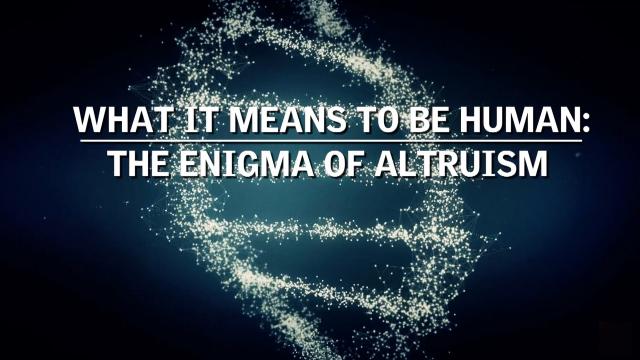
What It Means To Be Human - Preview
Added 650 Views / 0 LikesWhat It Means To Be Human - Preview
-
1:18:33
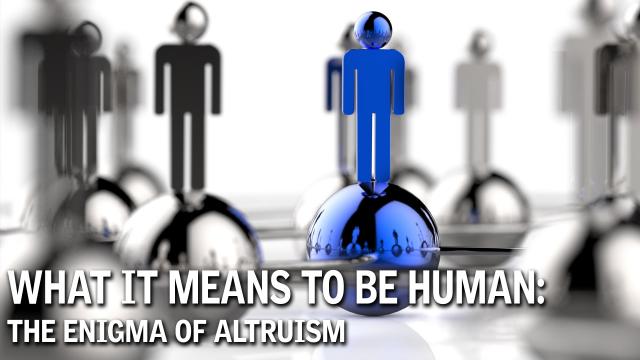
What It Means to Be Human: The Enigma of Altruism
Added 570 Views / 0 LikesWhat It Means to Be Human: The Enigma of Altruism
-
01:51
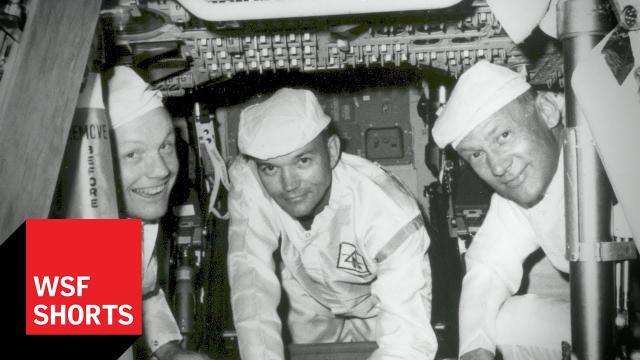
What It Takes to Boldly Go
Added 372 Views / 0 LikesTune in on Friday, July 19th at 8pm EST to celebrate the 50th anniversary of the Apollo 11 Moon landing with the premiere of "The Right Stuff: What it Takes to Boldly Go.'PROGRAM DESCRIPTION:Fifty years ago, as Neil Armstrong and Buzz Aldrin bounced on th
-
07:00
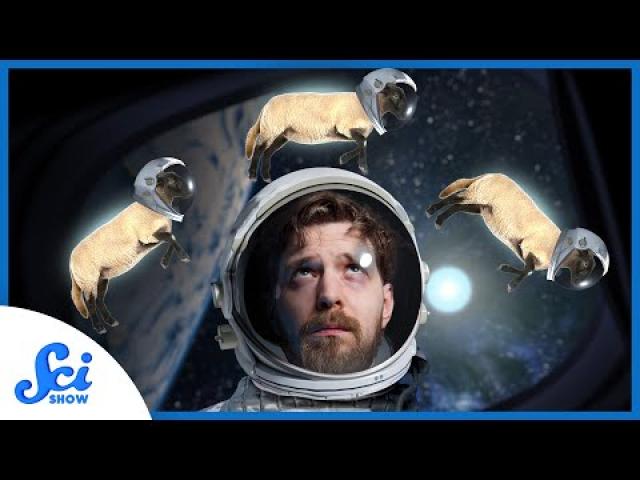
What Keeps Astronauts Up At Night?
Added 140 Views / 0 LikesThis video was sponsored by 80,000 Hours. Head to https://80000hours.org/SciShowSpace to be sent a free copy of their in-depth career guide and sign up for their newsletter.Sleep is a crucial activity for our brains to function properly. But when you’re o
-
06:31

What Knocked Over Uranus? And Two Other Mysteries
Added 467 Views / 0 LikesCheddar recently launched their YouTube channel where they cover future focused topics! Check out their video, Is There a Best-Case Asteroid Impact Scenario? here: https://chdr.tv/isthe1e424The most common type of exoplanets might be worlds like our ice g
-
06:07
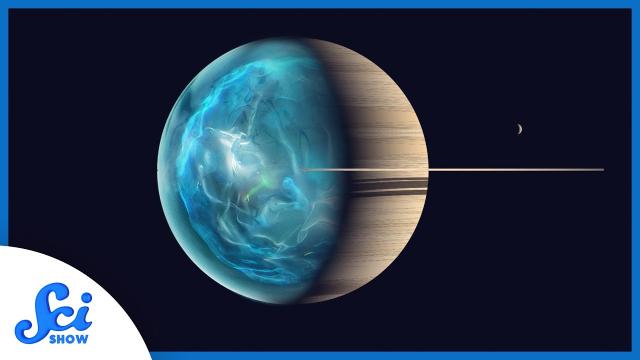
What Saturn’s Rings Tell Us About Its Soupy Core
Added 244 Views / 0 LikesThis episode is sponsored by Endel, an app that creates personalized soundscapes to help you focus, relax and sleep.The first 100 people to sign up here get a one week free trial: https://app.adjust.com/b8wxub6?campaign=scishowspace_august&adgroup=youtube
-
05:57
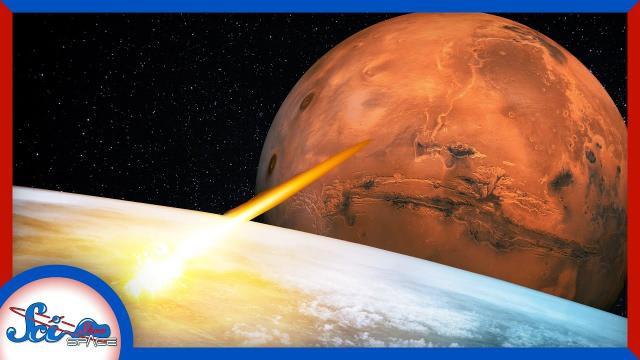
What the Crater that Impacted the Dinosaurs Taught Us About Mars
Added 252 Views / 0 LikesWe've been trying to understand Mars for years, but some scientists that ancient craters on earth might hold some answers to our red neighbor's history.Hosted by: Caitlin Hofmeister Check out our pin of the month at https://store.dftba.com/collections/sci
-
40:02
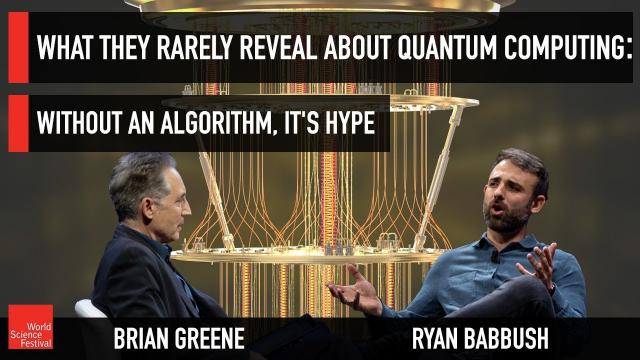
What They Rarely Reveal About Quantum Computing: Without an Algorithm, It's Hype
Added 47 Views / 0 LikesGoogle's Director of Quantum Algorithms, Ryan Babbush, joins Brian Greene to discuss the central role quantum algorithms play in leveraging quantum computing to realize its potential.This program is part of the Big Ideas series, supported by the John Temp
-
07:04
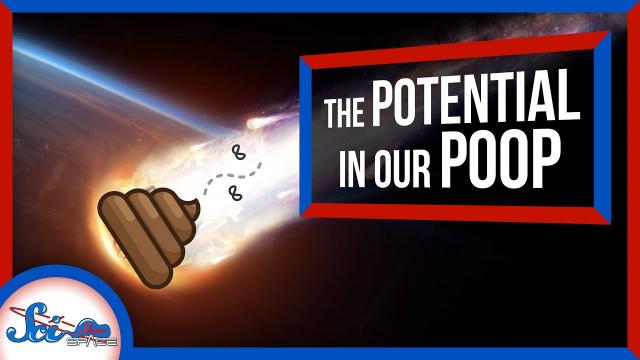
What to Do With All This Space Poo
Added 275 Views / 0 LikesThanks to Squarespace for sponsoring this video. Go to Squarespace.com for a free trial and when you’re ready to launch, go to http://squarespace.com/space and add code “SPACE" at checkout to save 10% off your first purchase of a website or domain.There a
-
15:59
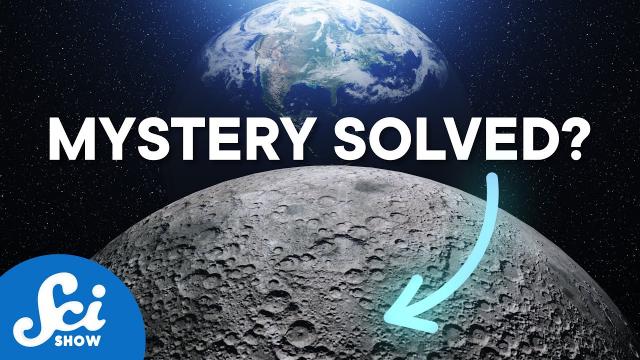
What We Know, And Still Don’t Know, About the Dark Side of the Moon | Compilation
Added 197 Views / 0 LikesMore than a classic rock album that'll change your life, this classic space rock has a dark side that has mystified scientists for centuries.Hosted by: Hank Green----------Huge thanks go to the following Patreon supporter for helping us keep SciShow Space
-
04:38
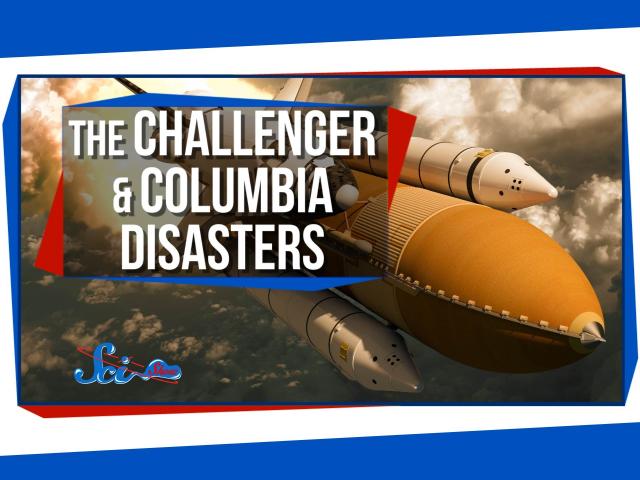
What We Learned from Challenger and Columbia
Added 714 Views / 0 LikesWhat We Learned from Challenger and Columbia
-
04:02
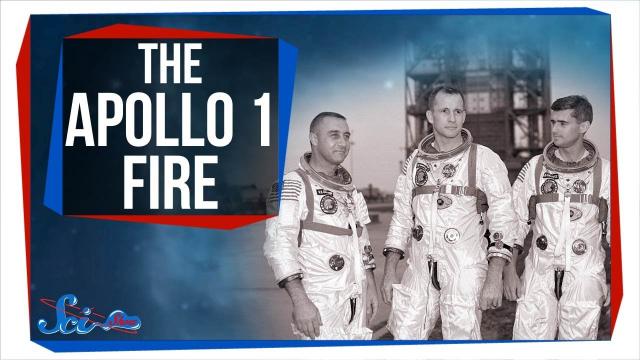
What We Learned from the Apollo 1 Fire
Added 634 Views / 0 LikesWhat We Learned from the Apollo 1 Fire
-
05:43
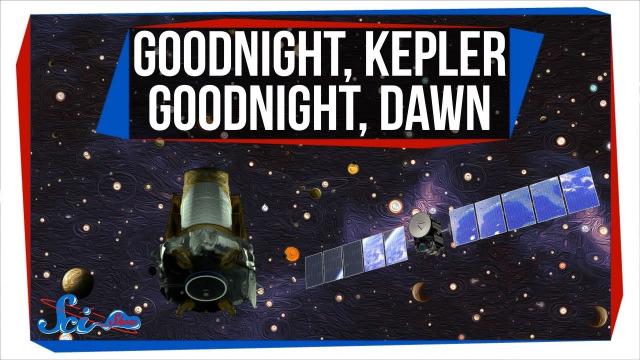
What We Learned from the Kepler Space Telescope | SciShow News
Added 502 Views / 0 LikesOctober was bittersweet for space scientists as we said goodbye to both the Kepler Space Telescope and Dawn mission.Host: Caitlin HofmeisterSciShow has a spinoff podcast! It's called SciShow Tangents. Check it out at https://www.scishowtangents.org-------

